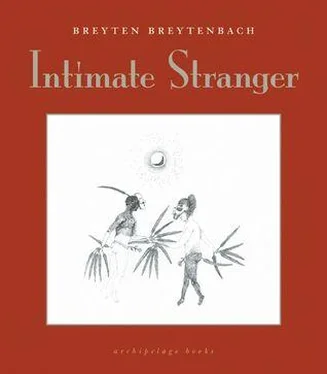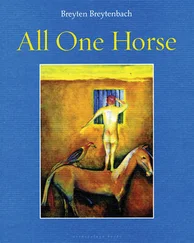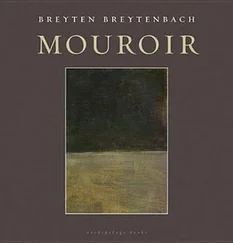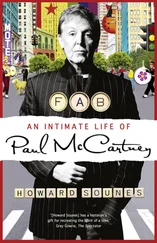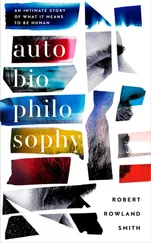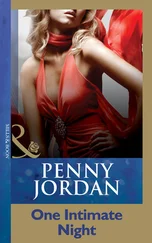The psychiatrist, D.W. Winnicott remarked somewhere: “Artists are continually torn between the urgent need to communicate, and the still more urgent need not to be found.”
I’d suggest that poetry is a world ( the world inside and outside us) shaped by breath. It is the breath of dreaming drawn from a hunger for awareness — the awareness that tells you that to be awake is also the result of dreaming expressed in the internal vibration of rhythm.
Poetry is a love. Of what? Of the discovery and the celebration of words, things, feelings, ideas, undigested memories, insights, other people, yourself, other selves, mystery, sense, eternity, other eternities, nonsense, nothingness, the whales and the foam and the shadow of grass on the mountain, the bones of the dog buried in the garden. Of love itself. And it is an engagement with all of the above. It is a love-act.
Poetry is a love of that art of making which will take you away from self-indulgence — for even as you fashion it, it takes on a life of its own. And although it is the freest of entanglements, capable of containing whatever you wish to put in it (provided you can make it fit), it does have form and tradition . Indeed, when the poem starts working its form will emerge to take possession of the shape. (“The very age and shape of time is form.”) This you have to recognize. You should curtsy or touch the brim of your hat. The paradox is that you imagine you are emptying the self on the page, and what you get is a mirror in which the triteness or relative (un)importance of your emotions is weighed. One finds that an endless fascination with self and the caressing of one’s own loneliness will not take you very far down the road of becoming other. Staking out the self is a lonely business; you end up finding your shadow a noisy stalker scaring the self into a fearful blathering. Nothing is as banal and common and goat-like as the self. It is true though, that this mirror of inconsequentiality can also, through recognition, constitute identification with larger attitudes and convictions and expectations; it will reflect the shadows and smoke of history’s movements even as these darken your eyes.
Yeats said love comes from the energy to create and the energy to create comes from love.
Forgive me if I repeat myself. I have already said that poetry is the process of transfiguring words back into the original breath, the beat of the world. It goes without saying that words will always retain their intrinsic or agreed-upon characteristics — those that they evoke in sound and texture (the ‘heart’ is after all not an organ, but in its own way, as word, it beats with resonance, origin, sound and taste) — and then, when alert to the power of context, placed in a field of tension, modified by proximity and juxtaposition and in pattern with other words, tested by distancing. . they become the moments in a metamorphosis provoked by image and metaphor, “lucid objects of language”, to open on to a “third dimension” beyond the references of word-meaning.
I’m suggesting that poetry can be a discipline of consciousness. It may furthermore embody an ethic of being. It can. It ought to. It can be a life-long mirroring meditation on life. It can be a companion light as you go toward and into the darker spaces of death to join the nocturnal tribes.
Perhaps I was just giving way to anger and frustration when I tried to pit the languages of creativeness against those of academia. It is more likely a case of ‘horses for courses.’ Nevertheless, my ranting might inadvertently have highlighted the specificity and autonomy of the discourses of creativeness. In a well-known essay called “The Redress of Poetry,” Seamus Heaney wrote: “Poetry cannot afford to lose its fundamentally self-delighting inventiveness, its joy in being a process of language as well as a representation of things in the world. To put it in W. B. Yeats’s terms, the will must not usurp the work of the imagination. And while this may seem something of a truism, it is nevertheless worth repeating in a. . context of politically approved themes, post-colonial backlash and ‘silence-breaking’ writing of all kinds. (—) Poetry is understandably pressed to give voice to much that has hitherto been denied expression in the ethnic, social, sexual and political life. Which is to say that its power as a mode of redress in the first sense — as agent for proclaiming and correcting injustices — is being appealed to constantly. But in discharging this function, poets are in danger of slighting another imperative, namely, to redress poetry, as poetry, to set it up as its own category, an eminence established and a pressure exercised by distinctly linguistic means. (—) Poetry, let us say, whether it belongs to an old political dispensation or aspires to express a new one, has to be a working model of inclusive consciousness.”
5. And what is poetry not? This too I have already said: it is not a way to power or riches or status or position. Not even at university. It is not an answer to loss and it cannot assuage the sorrows of the world. It will not bring down governments. It is not a blotting paper to life, sopping up the bloody ink to give back a fuzzy ‘truth’ all the more meaningful because now indistinct mirror writing. (Although, you should please keep in mind and in mouth the fact that what emanates as poetry is always inserted in the public domain. We have to live this duality. Italo Calvino wrote in a text called “Questionnaire, 1956”: “And I believe that the writer must keep open a discourse which in its implications cannot but be political as well. . Everything that forces us to give up a part of ourselves is negative.”)
I have learned (as a beginner) that one must read, read and read again. As well, that you must be reckless but patient. And if you want to be honest in your verse, if that is your thing, remember that honesty is to be open, unprejudiced and available — no matter if the digestion produces an enigmatic turd. Don’t let the dog in dogmatism and the Oedipal in the paranoid search for hidden meaning cloud your mind and stink up your nostrils. Freedom is a search, not a found fundamentalism. Beware of sloppiness, the dead word and the inflated simile. Protect yourself against easy sentiments (often no more than sentimentality), and especially from the blight of ‘correct’ moral and political postures. Don’t ever wave the flag: it is a shit-cloth meant for wiping the ass and polishing the easel; it is the rag in which you fold your dead flies. Eschew generally shared beliefs that are but ‘public opinion’ or ways to escape from the asperities of life and an intractable environment.
El Greco wrote as a note in the margin of someone else’s treatise: “Although it may seem that the masses have a vote in architecture and in music or rhetoric or painting, the fact is that this happens only when time and informed opinion have revealed the truth. And if once in a while popular taste is right, it is usually by accident and is not worth taking into account.”
Don’t be ‘nice.’ Don’t try to be clever. There is such a thing as creative intelligence, kneaded into the dough of your art. It has little to do with the acquired monkey cleverness of the person wanting to impress and please the powers that be. Wanting to be ‘relevant’ is piddling pomposity. Leave that to the politicians.
Please don’t imagine that poetry is a cool way of double-speak so as to hide meaning. Don’t make of the poem a cheap riddle. Don’t be a furrowed brow in quest of wisdom. Enough already! The poem is meaning. The poem is its own meaning. Poetic knowledge is born in the deep silence of phenomena not understood, thoughts unformulated and fate unknown of scientific knowledge. From that which cannot be explained comes poetry. (Or, by default, it will at least be the sextant allowing you to “keep watch over absent meaning,” as Maurice Blanchot said.)
Читать дальше
